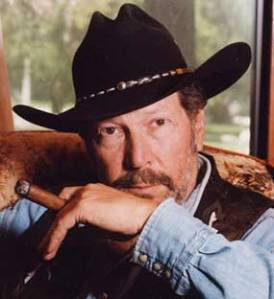Do you ever have one of those days?
I recently had one of them … in which I wondered how two people with vastly different political philosophies can sound so astoundingly alike.
Two contributors to our Opinion page have been sniping at me in private. They’re both Amarillo residents. One of them is an arch-conservative; the other one is an ultra-liberal. I’ve had friendly relations — off and on — with both of them over many years.
The righty recently accused me of pandering to the left. He said I set a different standard for his submissions than I do for others of the liberal persuasion; I am stricter with him than with the lefties, he said. He said the newspaper’s Opinion page tilts too far to the left, at which point I informed him that conservative columnists outnumber liberals week in and week out. At this moment, the righty and I are on good terms. But that could change.
As for the lefty gadfly, he says I pander to the right-wing “nut jobs” in Amarillo. He, too, says I set a different standard for him than I do for those on the right. He accuses the aforementioned righty of having some kind of “hold” on me. The lefty vows to meet with me only in the presence of a third party, which he identifies as either a “lawyer or a priest.” We are on unfriendly terms at the moment.
I told the righty that he sounds just like the lefty in his gripes with the way I do my job. I said the two of them are “mirror images of each other.” He asked me, “We both can’t be right. Which one of us is right?” My answer: I don’t know, or care.
I’ve told the lefty the same thing, that he sounds just like the guy at the other end of the spectrum. I don’t think he believes me.
So, the way I look at it, if both of these polar opposites think ill of me, I must be doing something right.
There. I feel better already.



